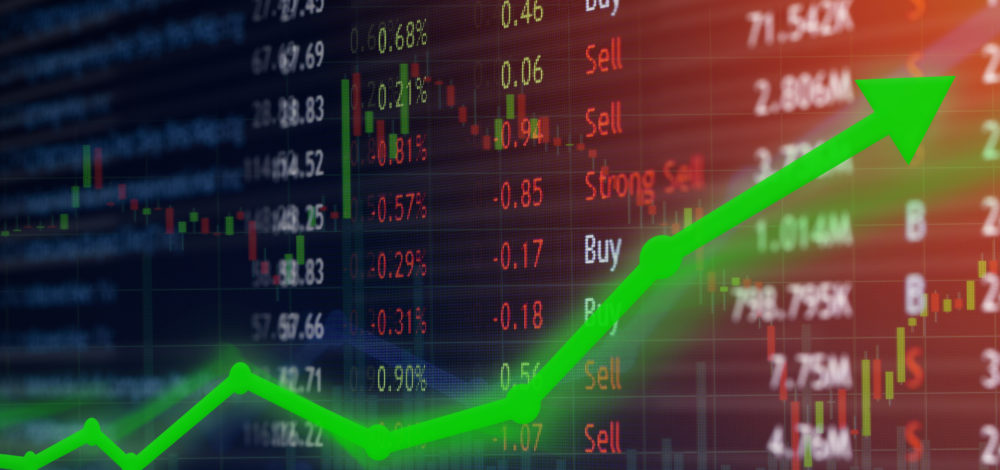Cash shells – companies with a share quote and money in the bank but no operating business – have become a significant feature on the AIM landscape. They come in all shapes and sizes and many are now under pressure to make reverse takeovers by 1 April 2006 following a change in the rules (see below).
Unique research by Business XL, in association with Pinsent Masons, shows there are currently 88 cash shell companies quoted on AIM, with a combined market capitalisation of £203.4 million – compared to their overall net assets of £77.3 million – and cash of £77.1 million.
A quick route to market
For an entrepreneur seeking to advance his or her projects and obtain backing and those of a mind to invest in them, using a cash shell can cut out some of the time, trouble and expense of setting up a company from scratch. They come with a ready-made bank of shareholders and, because they have a quoted company base, can make it easier to use paper (shares) for acquisitions and/or raise subsequent funds – depending on how well it seems to be progressing, how credible its plans are and, crucially, how bullish or otherwise the overall mood of the AIM market is.
Playing clean or dirty
Cash shells can be ‘clean’; that is, purpose-built for an entrepreneur to pursue a project. Alternatively, they can be ‘dirty’; companies whose previous business model did not work and so have virtually nothing left, except some hard-hit shareholders. In some cases, these disgruntled investors might be persuaded to dip into their pockets again to contribute to its hoped-for revival in a fresh guise.
They would thus stand a chance of recouping or even profiting from their original investment. That is because the usual route for a shell to become an operating business is through a ‘reverse takeover’. This is where the shell uses its shares to buy an unquoted company that has an ongoing business and a boss who wants to drive it.
So which shell?
In all, Business XL‘s research has identified 62 clean, purpose-built shells, with a combined market value of £160.7 million, net assets of £63.2 million and cash of £60.6 million. That compares with 26 dirty shells, commanding a combined market value of £42.7 million, net assets of £14.1 million and cash of £16.5 million.
Beyond the clean or dirty debate though, the other crucial questions that need to be asked when choosing a shell are:
- Does the shell have net assets or liabilities?
- Is it trading at a significant premium or discount?
At present, there are four shells with net liabilities, namely Synigence, Asia Capital, Myratech.net and SBS. If they are to be used, a significant amount of due diligence is necessary. At the other end of the spectrum are the clean shells with net assets of more than £3 million, which therefore don’t have a deadline by which they need to spend their cash. All of these trade at a premium to their cash assets. Of this select batch, the most highly rated is Rotala, the shell fronted by John Gunn, an entrepreneur behind quite a few intellectual property ventures. Its £3.2 million in cash is valued by the market at £9.36 million.
As for the dirty shells with the greatest cash assets, the company at the top of this list is Leonard Whittaker’s Radamec, which is actually valued at below its cash assets, one of only four shells that trade at a discount.
Amongst those trading at premiums to their actual cash, Nicholas Greenstone’s Matisse shell has a mere £10,000 in net assets but is valued on the market at £2.13 million – an astounding premium of 17,650 per cent. In second place sits Oakgate, the shell fronted by former share trader Leo Knifton. Its £20,000 is valued at £1.89 million on the market – a premium of no less than 11,017 per cent.
The race against time
The change in the Stock Exchange’s rules regarding cash shells could be good news for anyone who has a decent company and an urge to join the market. This is because 55 purpose-built clean shells, with a total of £35 million between them, have less than eight months to complete a deal. In addition, 25 dirty shells have the same amount of time to spend the £8.83 million that they possess. As the clock ticks, the premiums the bulk of these trade at are likely to fall. If you time it right, you might be able to pick and chose the shell – and the cash pile – you favour most.
What are cash shells?
Cash shells are companies that have cash in the bank but no actual operating business. They are all listed on AIM, the ‘junior’ market, and the entrepreneurs and shareholders behind them are looking for businesses to buy or a business to ‘reverse’ into them. There are two types on the market:
- Clean shells: These have been specifically set up with a view to find a business to buy.
- Dirty shells: Thus named because it is usually the remains of a failed business which has sold its operating divisions and now just consists of a pile of cash, possible tax losses and/or liabilities.
Prior to 1 April, there was no limit (upper or lower) to how much cash a shell had to raise. However, the London Stock Exchange changed the rules and now new shells joining the market must raise at least £3 million in cash. Those shells on the market that have less than £3 million must complete an acquisition that constitutes a reverse takeover (the shell buying a business with greater assets than itself) by 1 April 2006.






